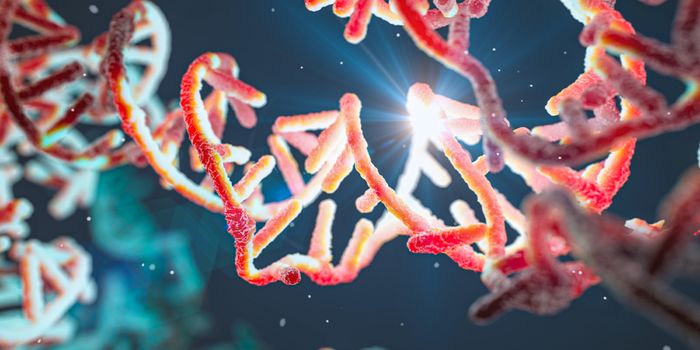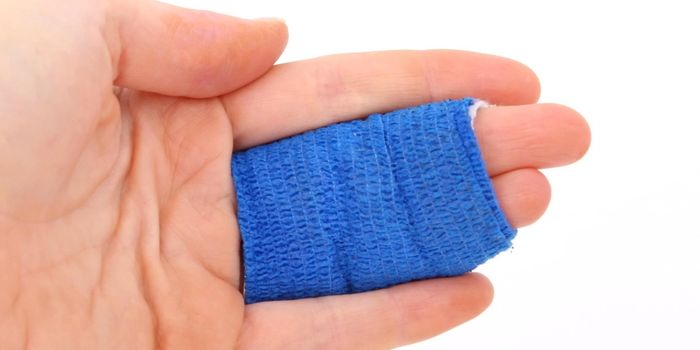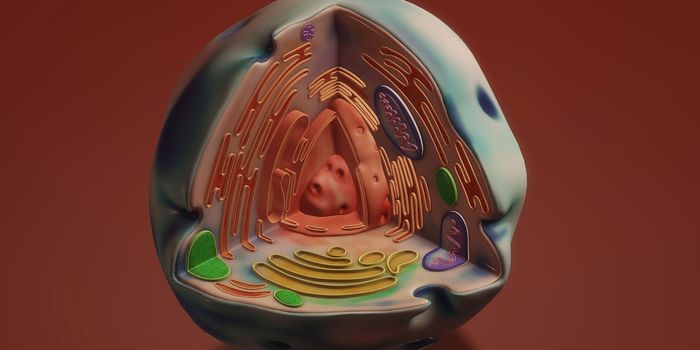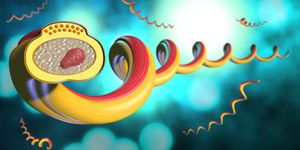Irritable Bowel Syndrome Gut Pain is Traced Back to Itch Receptors
It’s estimated that eleven percent of people around the world suffer from irritable bowel syndrome (IBS), a term for a group of disorders that cause abdominal cramping, diarrhea, and constipation. Treatments aim to relieve symptoms, and approaches include changes in diet, probiotics, and medications. Now scientists have learned more about how IBS is caused, which can aid in the development of therapeutics that target the origin of the problem.
Reporting in JCI Insight, researchers have identified nervous system receptors that can activate neurons and cause a painful feeling of itchy gut, often described by IBS patients. There also seems to be more of these ‘itch’ receptors in those with IBS compared to healthy individuals; it offers more chances for them to activate neurons and can create more pain.
"We found receptors which bring about an itchy feeling on skin also do the same in the gut, so these patients are essentially suffering from a 'gut itch.' We've translated these results to human tissue tests and now hope to help create a treatment where people can take an oral medication for IBS," said Professor Stuart Brierley, NHMRC and Matthew Flinders Research Fellow in Gastrointestinal Neuroscience.
"Patients with IBS suffer from chronic abdominal pain and experience rewiring of their nervous system so they feel pain when they shouldn't. We decided to ask important questions about how nerves in the gut are activated to cause pain in order to seek out potential solutions," Brierley added.
IBS patients experience pain when the itch receptors work with another kind of receptor in the nervous system that are known as ‘wasabi’ receptors; they react to the consumption of the spicy Japanese condiment.
"If you think about what happens when you eat wasabi, it activates a receptor on the nerves and sends a pain signal; that's exactly what's happening within in their gut as they experience an itchy effect or wasabi effect in the gut," explained Brierly, who is also the Director of the Visceral Pain Research Group at SAHMRI.
"Having shown these mechanisms contribute to chronic gut pain, we can now work out ways to block these receptors and thereby stop the gut itch signal traveling from the gut to the brain. This will be a far better solution [than] the problems currently presented by opioid treatments."
Sources: AAAS/Eurekalert! via Flinders University, JCI Insight








